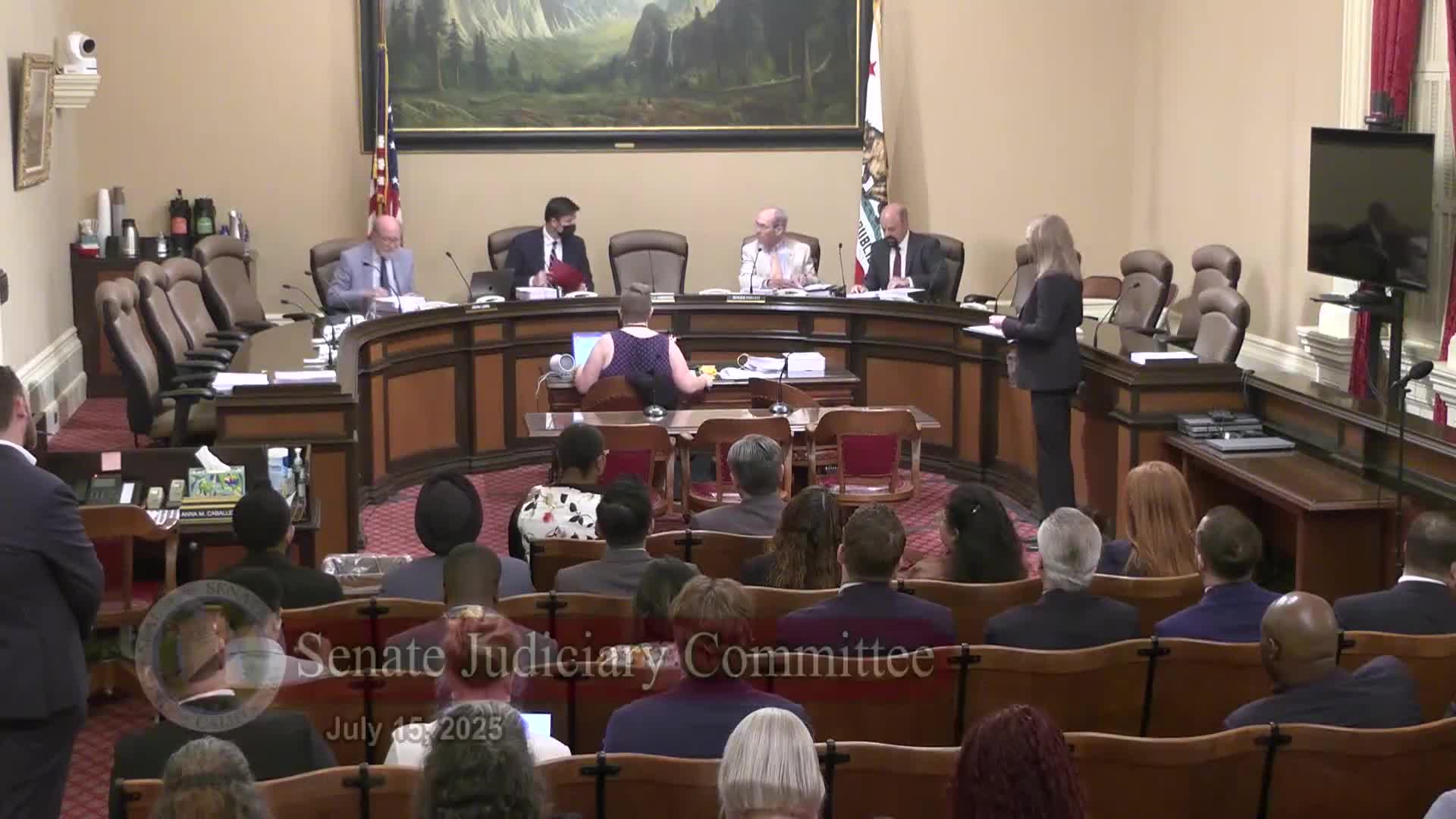Article not found
This article is no longer available. But don't worry—we've gathered other articles that discuss the same topic.
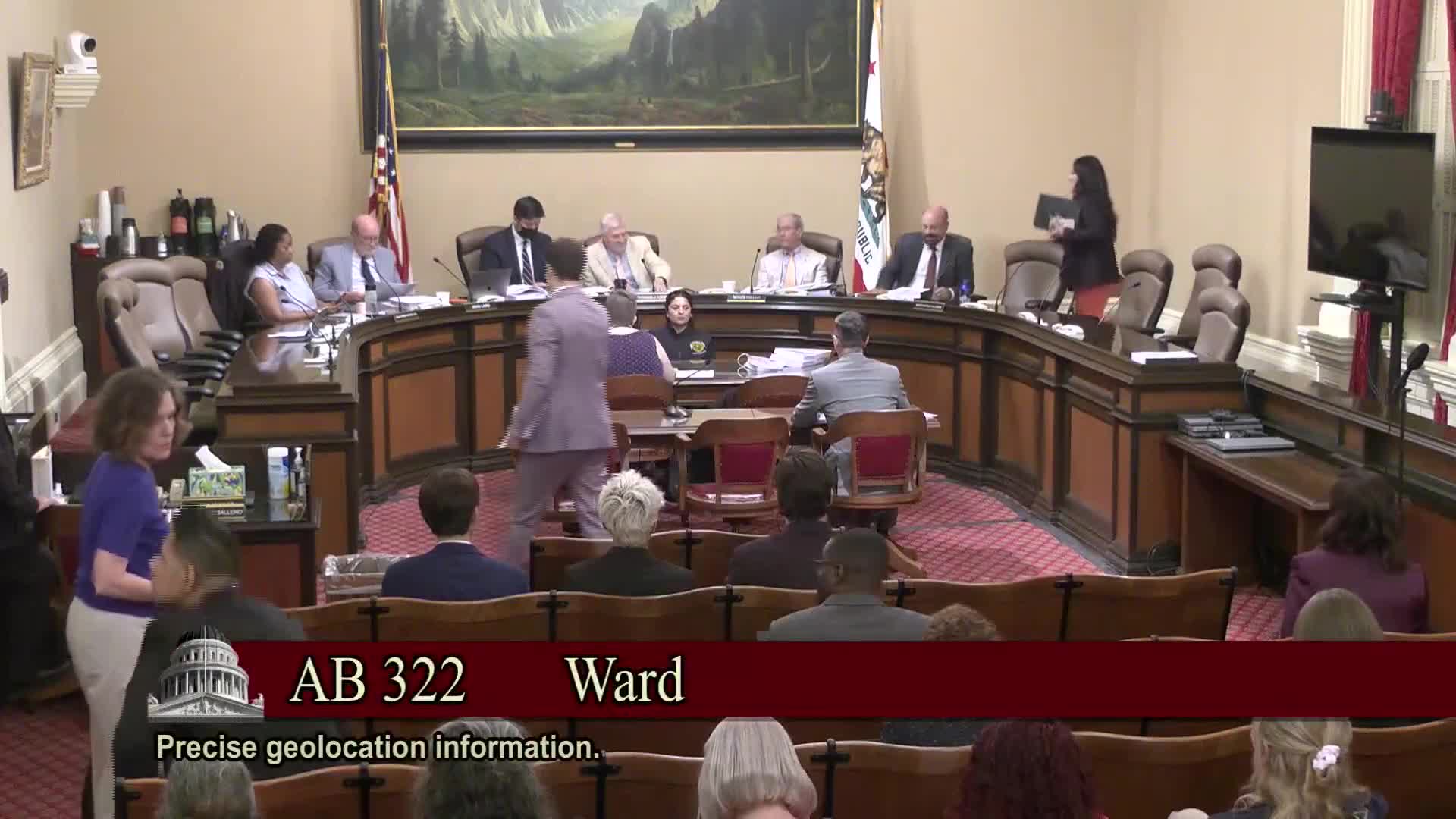
Bill would curb sale and retention of precise location data, require court order for government access
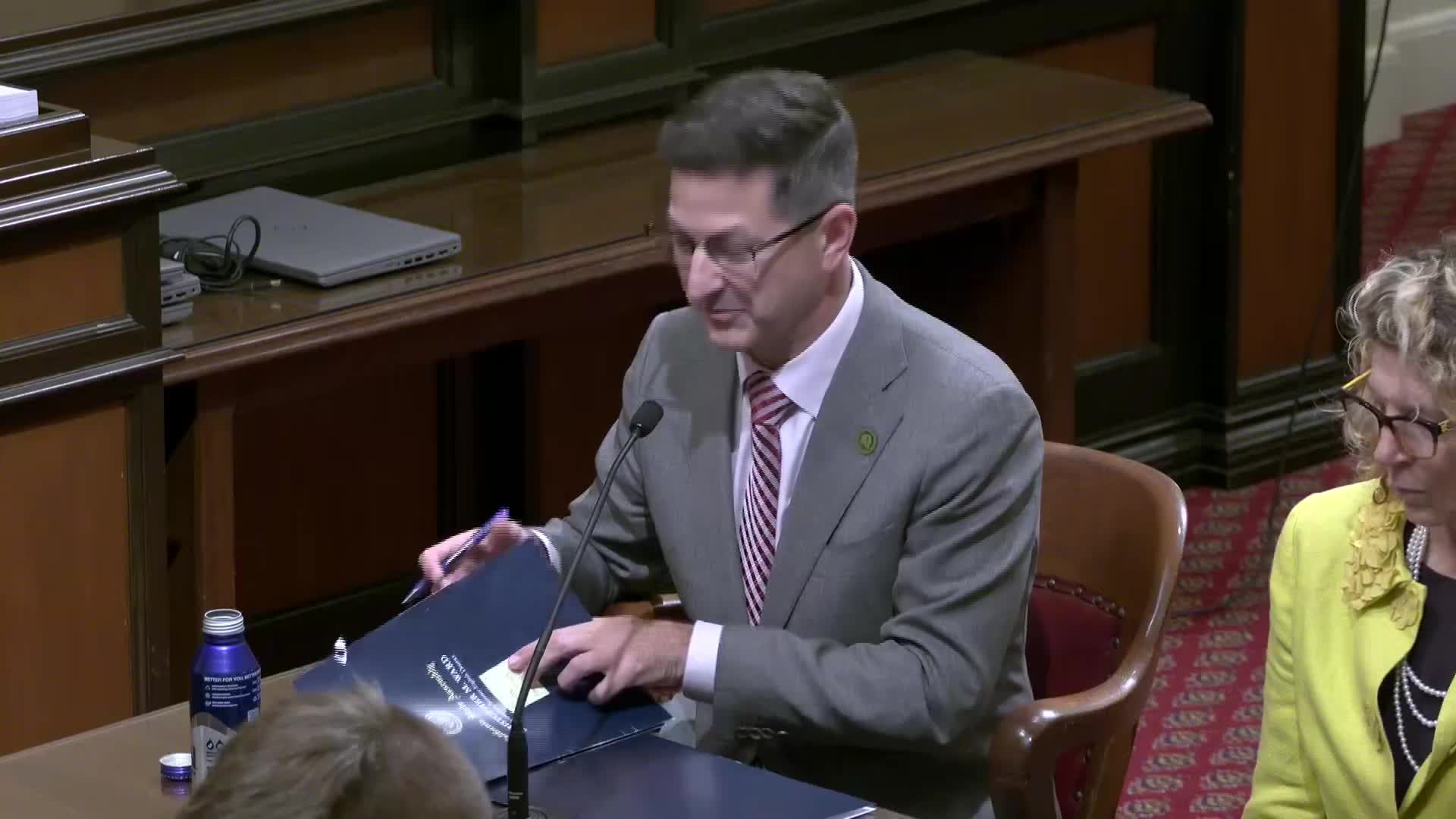
Bill would ban 'surveillance pricing'—charging different prices using personal data—while protecting loyalty discounts, author says
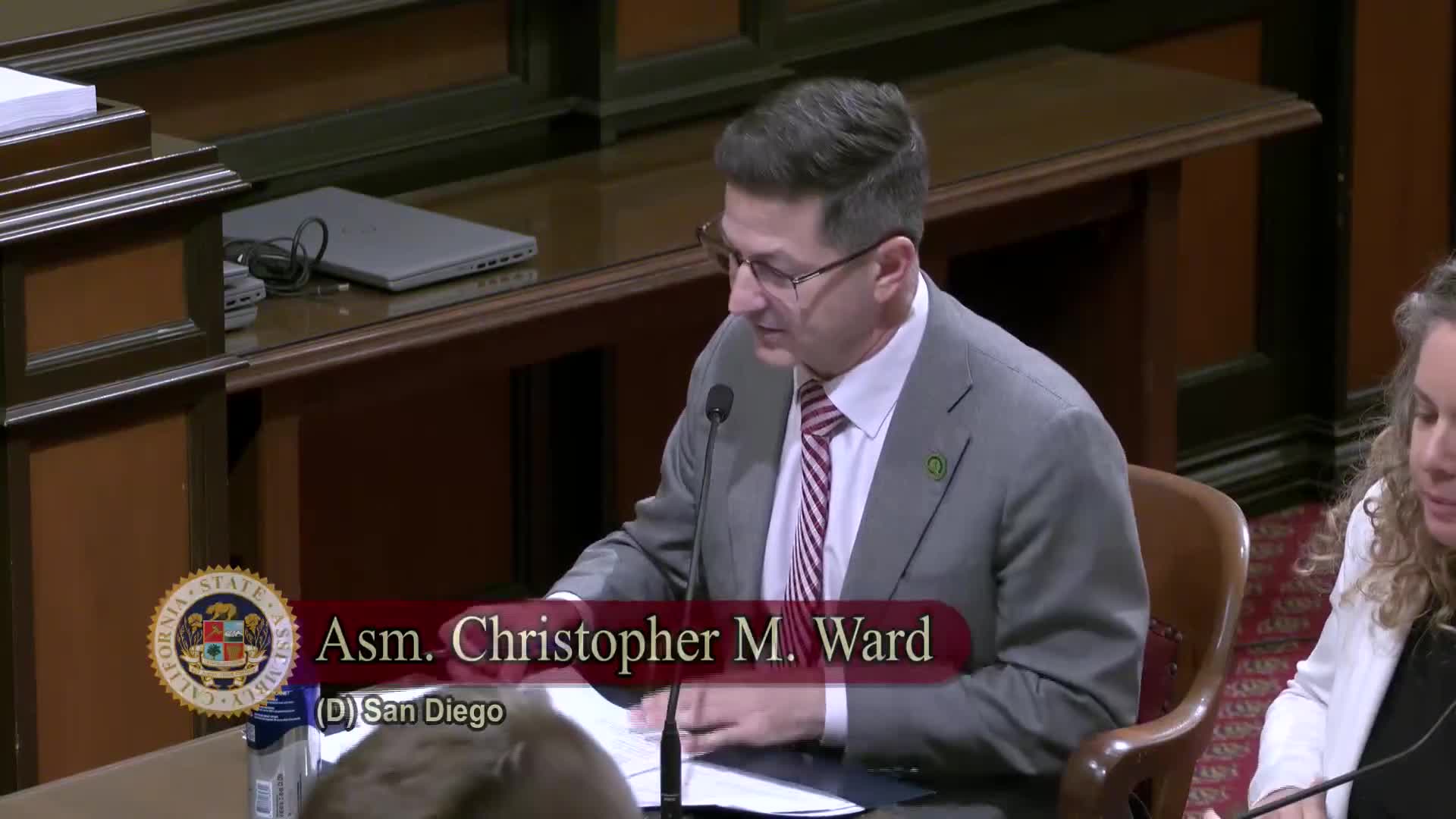
Committee considers overhaul of Information Practices Act to extend privacy protections to local governments
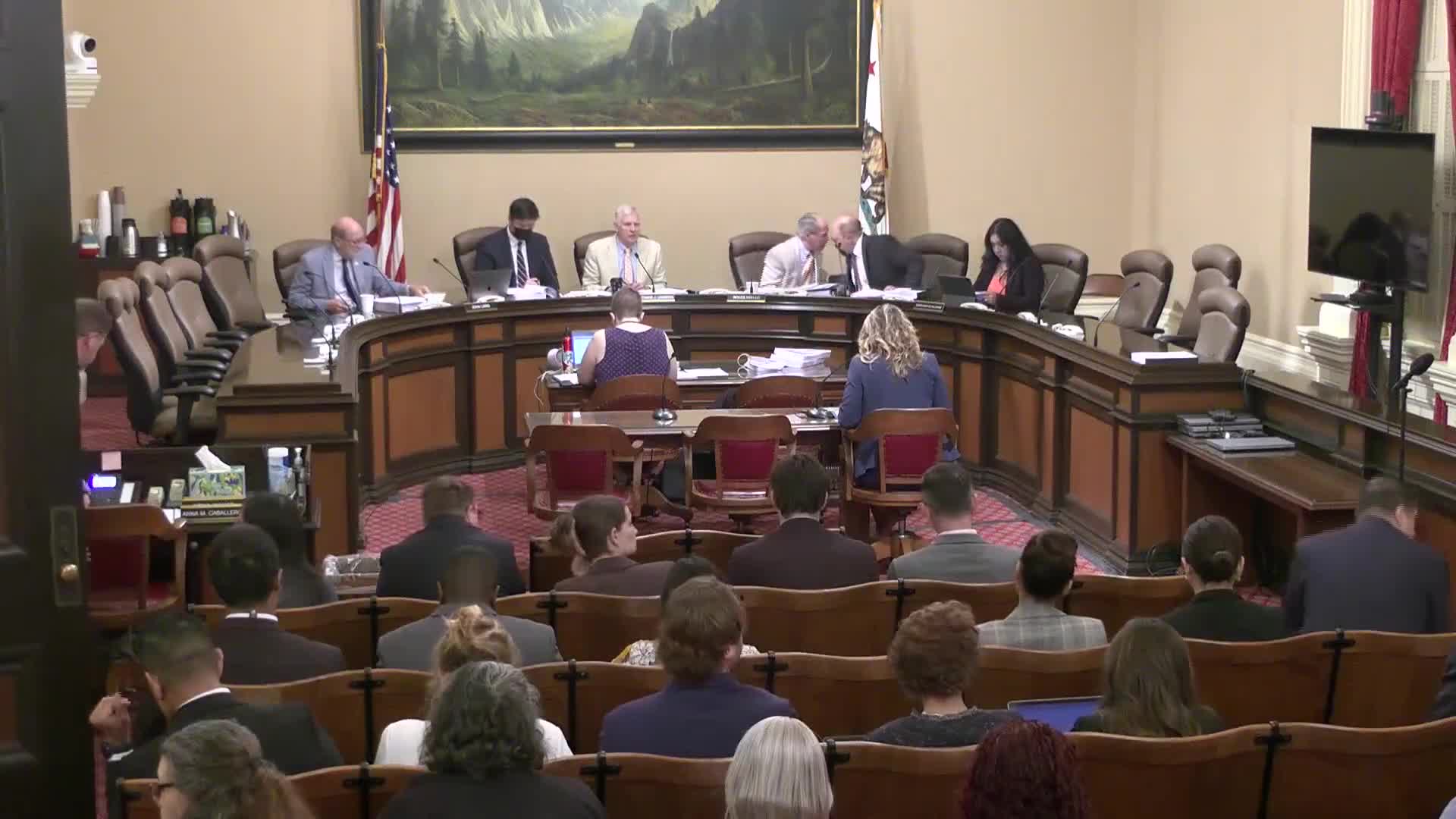
Bill to establish device-based age signals to help protect children considered by committee
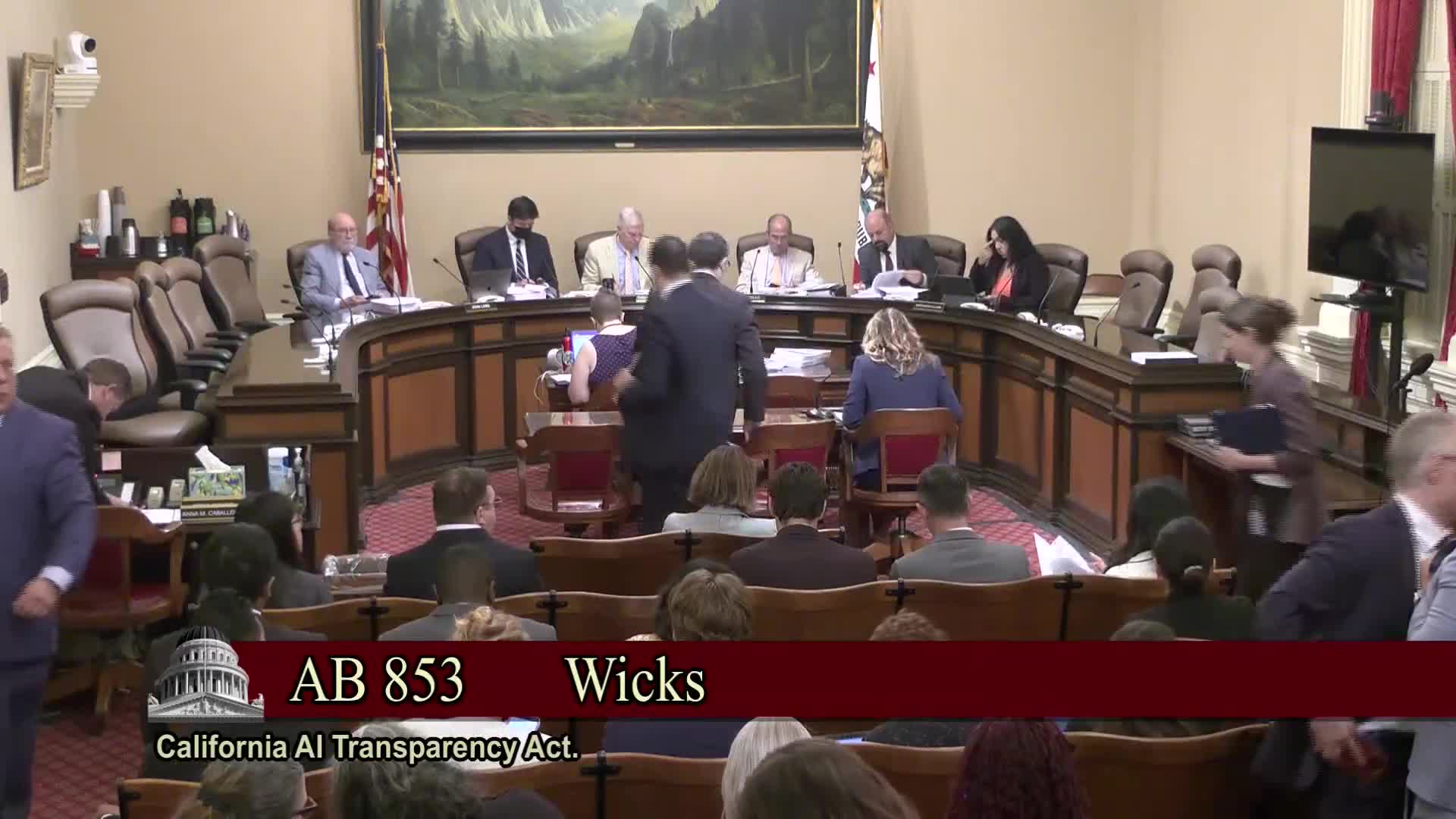
Committee weighs bill to require authenticity labels and provenance for online content and capture devices
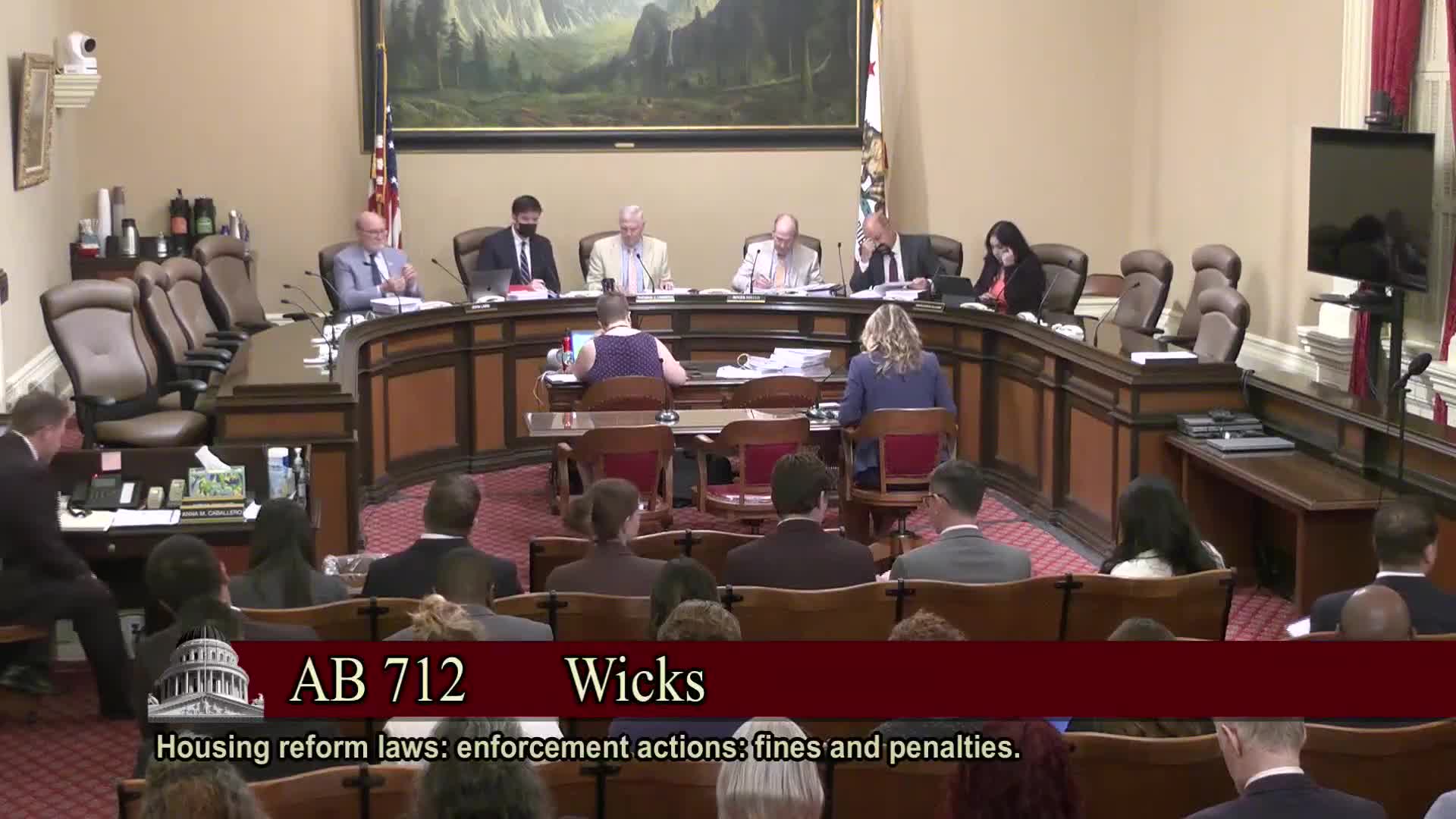
Bill would increase penalties for public agencies that violate housing laws, author tells committee
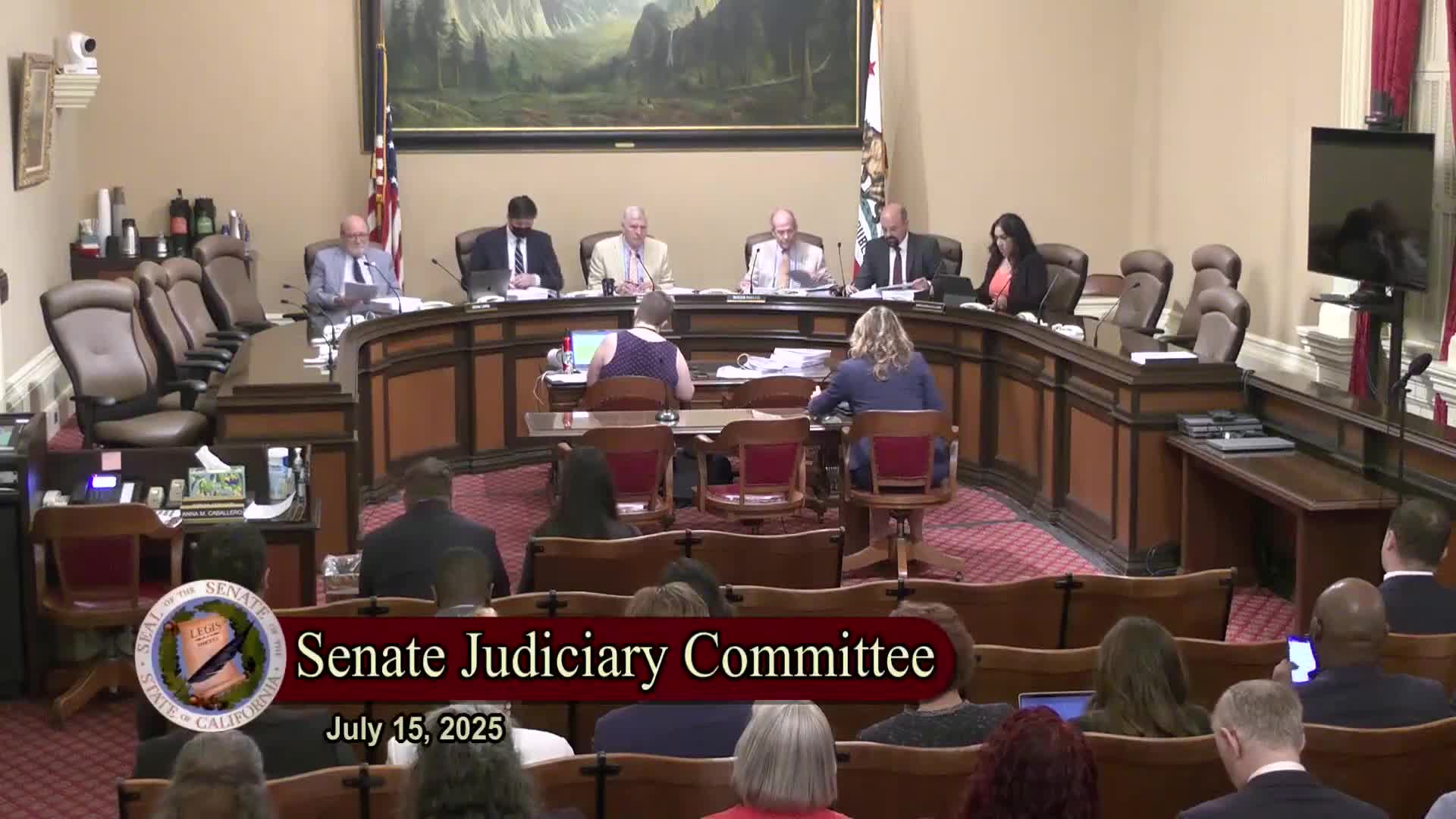
Panel reviews bill clarifying data-sharing exemptions to improve CalFresh enrollment
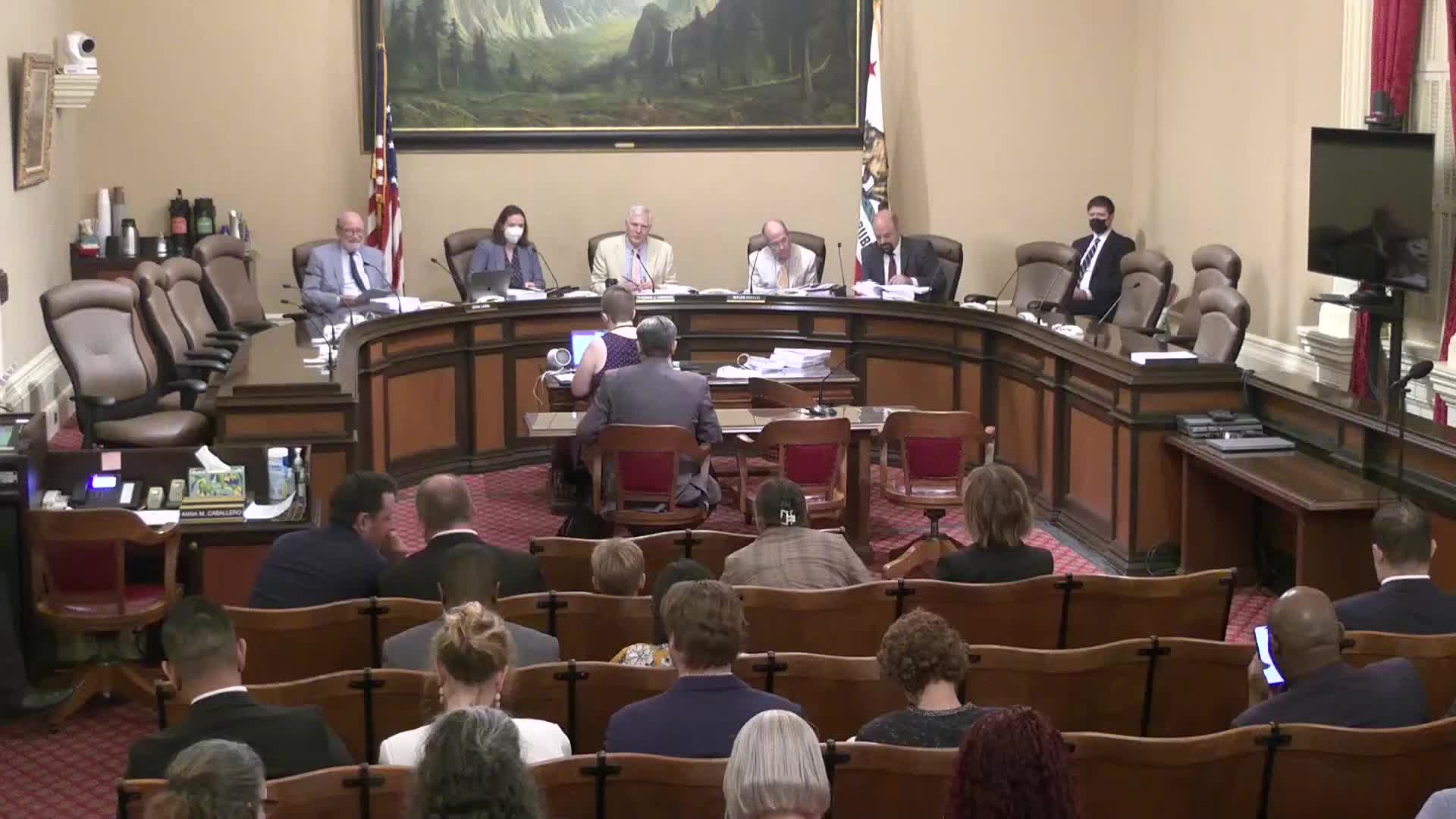
Senators hear cleanup bill to AB 98 that would limit warehouse impacts on nearby communities
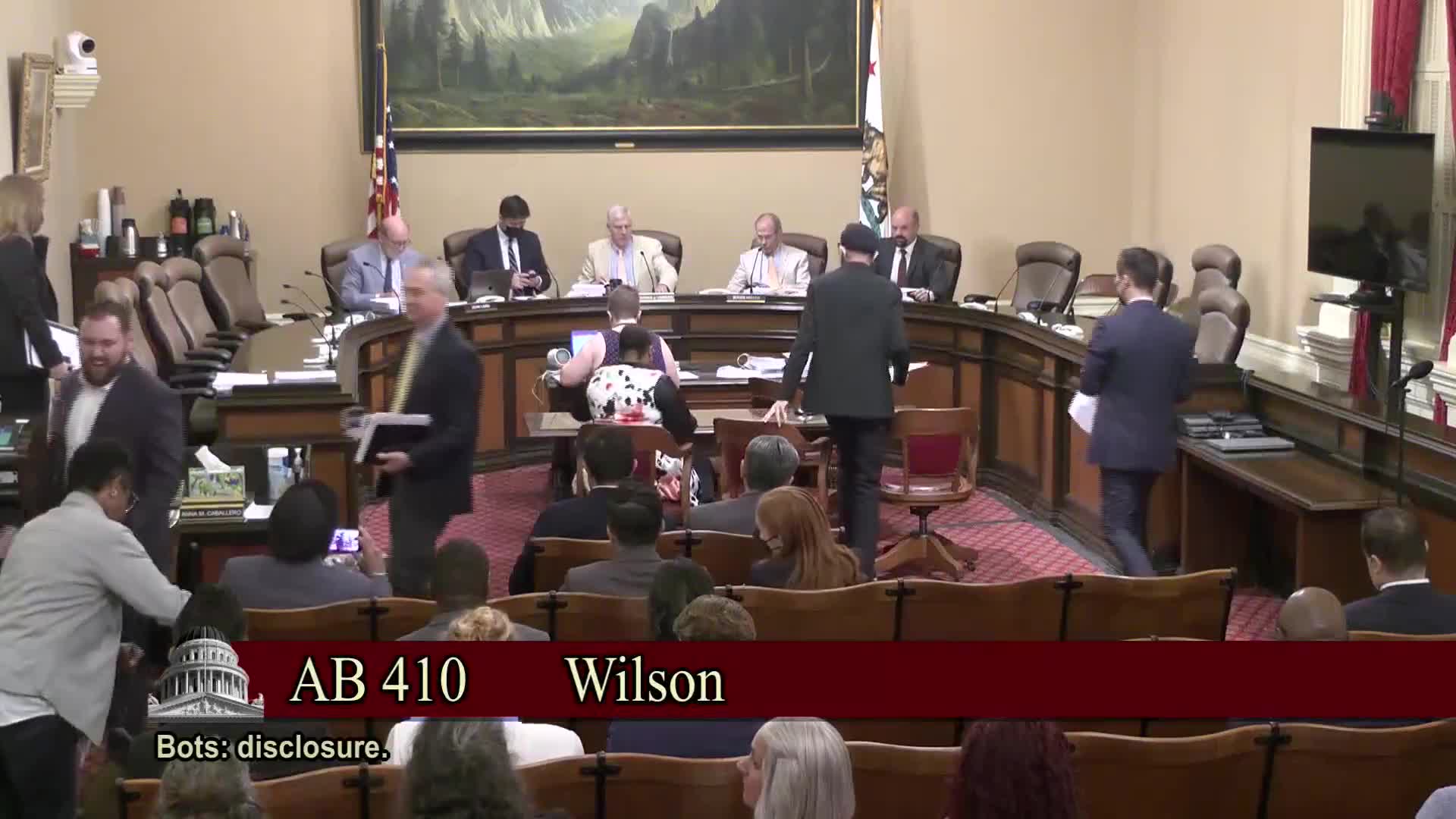
Panel hears bill to require chatbots to disclose they are artificial agents
